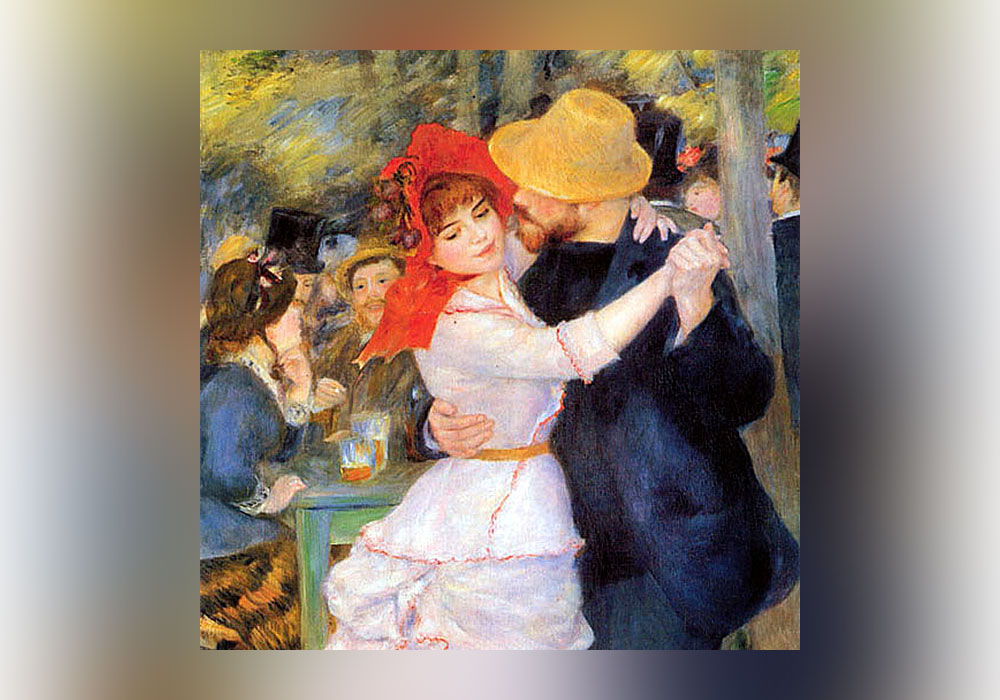Tuesday Is Named For A One-handed God Named Tiu
Yes, it’s true, there’s a wild story behind the god who lends his name to Tuesday: Tiu, also sometimes spelled Tiw. Tiu’s remarkable myth even involves women with beards (more on that in a bit). But, the past 1,000 years or so have not been kind to this Germanic divinity. Who is Tuesday named for? Tuesday comes from the Old English tīwesdæg, meaning “Tiu’s day.” Tiu …











